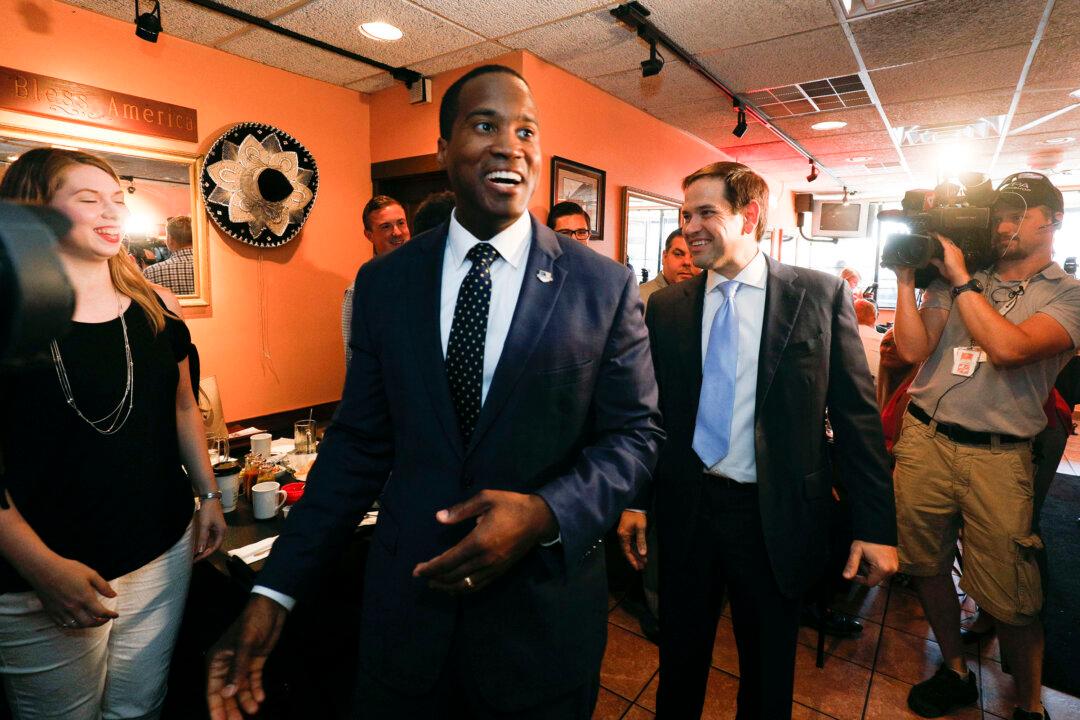While the presidential contest is consuming much of political debate in America, Congress is facing the possibility of a major power shift. The Senate races may prove to be particularly consequential for the country’s future.
There are 35 Senate seats up for election on Nov. 3, with at least 12 likely to flip or close enough to keep an eye on. If the election swings hard one way or the other, it could make for a tectonic shift in the power balance for the next six years and beyond.






